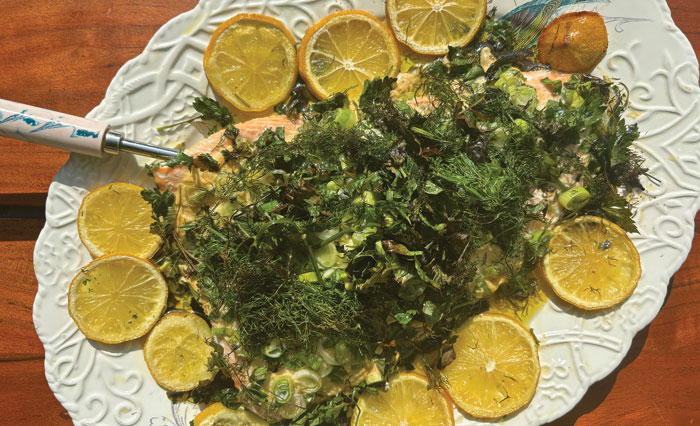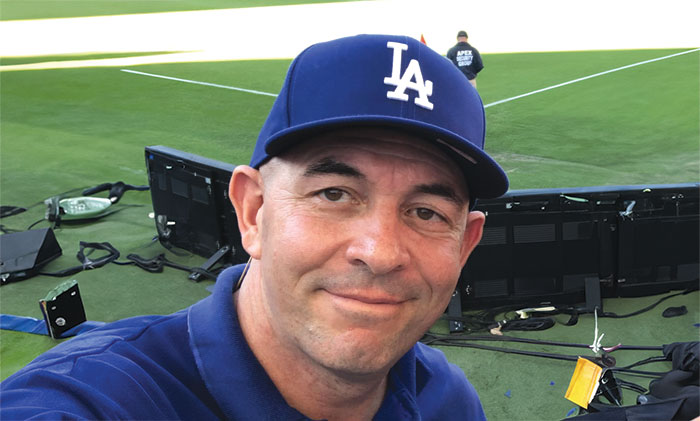What is the difference between Rosh Hashanah and Yom Kippur? We often refer to both as days of judgment, yet they seem as different as night and day. Rosh Hashanah is a Yom Tov, a joyous holiday, on which we eat and drink and have simcha, joy. In contrast, on Yom Kippur we are filled with awe and perhaps anxiety, asceticism, and standing for long periods of time, almost the opposite of the Yom Tov of Rosh Hashanah.
The Rambam, Maimonides, writes that the shofar (ram’s horn) is like an alarm that wakes us from the everydayness of the year, the wasting of time, the banal passage of day in and day out. The sound of the shofar shocks us into evaluation, into reflection upon the rest of the year.
But if Rosh Hashanah is such a day of reckoning, why not say vidoy, confession, on Rosh Hashanah as we do on Yom Kippur? Indeed according to the halacha, Jewish law, there can be no tishuvah, no repentance, without all of its steps, one of which is verbal confession before God.
Rosh Hashanah, according to the Talmud is the main Day of Judgment. Yom Kippur is a kind of last resort for those not forgiven on Rosh Hashanah. As the Talmud says, “On Rosh Hashanah all pass in judgment like sheep…the righteous are judged for life, the wicked for death and the judgments of others are suspended until Yom Kippur.” Then why is Rosh Hashanah a holiday filled with food and drink? Why not have Yom Kippur on the first of Tishrey (the Hebrew date upon which Rosh Hashanah falls) and be done with the process of judgment?
Perhaps Rosh Hashanah and Yom Kippur are fundamentally different and necessary modes of doing tishuvah (repentance and return). We see this I think from Maimonides. According to Maimonides Rosh Hashanah with its shofar sound is not a day of achieving atonement, of the steps of repentance, but of waking up, of coming to terms with life. Rosh Hashanah lacks the four steps of tishuvah, one of which is formalized confession, yet it is indeed a day of judgment.
There are two stages to tishuvah one which is achieved on Rosh Hashanah and one on Yom Kippur. One is not complete without the other. If we had only Yom Kippur, we would go through the formalized steps of repentance, regretting our sin, stopping it, asking and receiving forgiveness, verbal confession, and becoming someone who will not do it again. But this would be an incomplete tishuvah. This would be a tishuvah, though real and transformative with regard to each sin itself, of formality. The tzadik, the completely righteous person, who has no sins to speak of does not require Yom Kippur and is, according to the Talmud forgiven on Rosh Hashanah, but the righteous individual still does require Rosh Hashanah. Why?
The tishuvah of Rosh Hashanah is not atonement for individual sins but an essential day of waking and reckoning, of evaluation and insight, which even the person who has not sinned must undergo. As Maimonides points out, this day with the sound of the shofar, and not Yom Kippur with its atonement, conditions the rest of our year, makes us see the rest of our year as one in which every moment is significant, one in which every moment is a test of making choices, of being at a spiritual crossroads.
Before we can engage in the formalities of the tishivah process of Yom Kippur, we must experience the more global life changing insights of Rosh Hashanah. To do tishuvah on all of our sins, to feel regret for each of them, ask forgiveness, confess them and not do them again is not enough. The New Year must be a time of whole life insight and existential transformation. Such is the call of the Shofar.
My blessings for a New Year of insight, light and transformation,
Rabbi Hyim Shafner






















 More news and opinions than at a Shabbat dinner, right in your inbox.
More news and opinions than at a Shabbat dinner, right in your inbox.